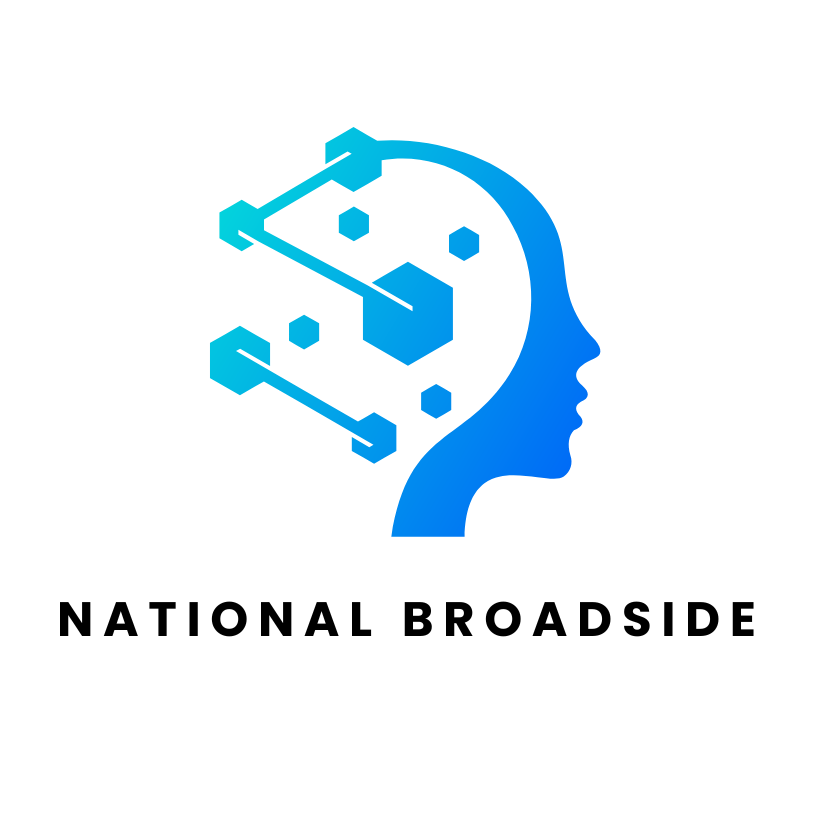Table of Contents
ToggleIn a world where machines can beat humans at chess and recommend your favorite pizza, the demand for careers in artificial intelligence (AI) is hotter than a laptop on a summer day. Ever wondered how you can jump into this booming field? Buckle up. From data scientists to AI ethics consultants, there’s a role for just about every skill set in this rapidly evolving domain. Whether you’re a seasoned coder or a curious newcomer, the journey into the realm of AI careers promises not just opportunities but also a front-row seat to the future. Let’s explore what it takes to break into this exciting world.
Overview of Artificial Intelligence Careers

The landscape of artificial intelligence careers is vast and continuously transforming. As AI becomes integral to various sectors, including healthcare, finance, and entertainment, professionals in this field find themselves at the forefront of innovation. The rise of AI isn’t just a tech trend: it’s a movement shaping how we interact with technology and solve complex problems. From machine learning engineers refining algorithms to AI researchers pushing the boundaries of what’s possible, careers in AI are not only diverse but also crucial to future advancements.
Understanding this landscape is key for anyone looking to enter the field. The demand for skilled professionals is skyrocketing, with many experts predicting a shortage of qualified personnel in the near future. This scenario creates a golden opportunity for those ready to engage with AI’s multifaceted challenges.
Types of Roles in Artificial Intelligence
Diving deeper into artificial intelligence careers reveals an array of roles tailored to different interests and expertise. Here are some of the most sought-after positions:
Machine Learning Engineer
These engineers design algorithms that help learning and decision-making in systems. Their work involves programming, statistical analysis, and constant testing to improve AI performance.
Data Scientist
Data scientists analyze and interpret complex data, extracting actionable insights to drive business decisions. They leverage statistical techniques and tools to unveil patterns and trends.
AI Research Scientist
Focused on advancing AI theories and methodologies, AI research scientists often hold advanced degrees. Their work typically involves publishing research papers and developing new algorithms.
Robotics Engineer
These professionals create machines that can automate tasks, blending AI with mechanical and electrical engineering. Their roles often require a mix of creativity and technical know-how.
AI Ethicist
As AI increasingly influences decisions in our lives, AI ethicists ensure that technologies are developed and implemented responsibly. They engage in discussions about AI’s societal impacts and advocate for ethical practices.
Educational Requirements for AI Careers
Embarking on a career in artificial intelligence typically requires a solid educational foundation. Most roles demand at least a bachelor’s degree in a relevant field, such as computer science, mathematics, or data analysis. Some advanced positions, particularly in research, may necessitate a master’s or even a PhD.
Here’s a quick overview:
- Bachelor’s Degree: Essential for entry-level roles. Core courses often include programming, statistics, and machine learning basics.
- Master’s Degree: Common among data scientists and machine learning engineers. Specialized coursework often focuses on advanced topics like natural language processing and computer vision.
- PhD: Generally required for research positions. Candidates engage intensively in AI projects and typically contribute new knowledge to the field.
Also, many aspiring AI professionals supplement their formal education with online courses, certifications, and workshops to stay current with technology trends and developments.
Skills Needed for Success in AI
Beyond formal education, several skills enhance one’s prospects in artificial intelligence careers. Here’s a breakdown:
- Programming Skills: Proficiency in languages like Python, R, and Java is crucial, as they are commonly used in AI-related tasks.
- Mathematics and Statistics: A strong grasp of mathematical concepts, including calculus and linear algebra, underpins many AI algorithms. Understanding statistics helps analyze data and validate models.
- Data Manipulation: Familiarity with databases and tools like SQL and Hadoop aids in managing large data sets effectively.
- Problem-Solving: AI professionals must be adept at approaching complex problems creatively and logically.
- Communication Skills: The ability to articulate findings and collaborate with multidisciplinary teams is invaluable, especially when explaining data insights to non-technical stakeholders.
Industry Applications of Artificial Intelligence
Artificial intelligence permeates numerous industries, revolutionizing operations and enhancing efficiency. Here are some key sectors embracing AI:
Healthcare
AI technologies assist in diagnostics, predictive analytics, and personalized medicine, making healthcare more effective and accessible.
Finance
In finance, AI streamlines processes such as fraud detection, risk assessment, and algorithmic trading, allowing for faster and more accurate decision-making.
Retail
Retailers leverage AI to personalize customer experiences, manage inventory, and optimize pricing strategies, eventually enhancing sales and customer satisfaction.
Automotive
With self-driving technology on the rise, the automotive industry continuously benefits from AI developments, improving safety and efficiency on the roads.
Entertainment
From streaming recommendations to game design, AI enhances user experiences in entertainment, shaping how people consume content.
Career Growth and Opportunities in AI
The outlook for career growth in AI is remarkably promising. Companies across the globe are increasingly investing in AI technologies, leading to numerous job openings. The U.S. Bureau of Labor Statistics projects substantial job growth in fields like data science and machine learning, indicating that individuals entering the AI job market can expect robust careers.
Networking and joining professional organizations can further enhance opportunities. Engaging with communities and attending conferences allows professionals to meet like-minded individuals and learn about advancements in AI. Also, innovative startups often seek out passionate individuals willing to take risks and contribute fresh ideas.
Also, pursuing lifelong learning through ongoing education and certifications can keep professionals relevant in the fast-paced AI landscape, ensuring continued career advancement.







